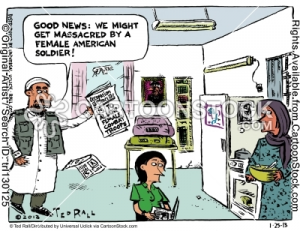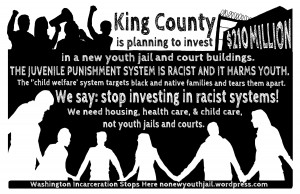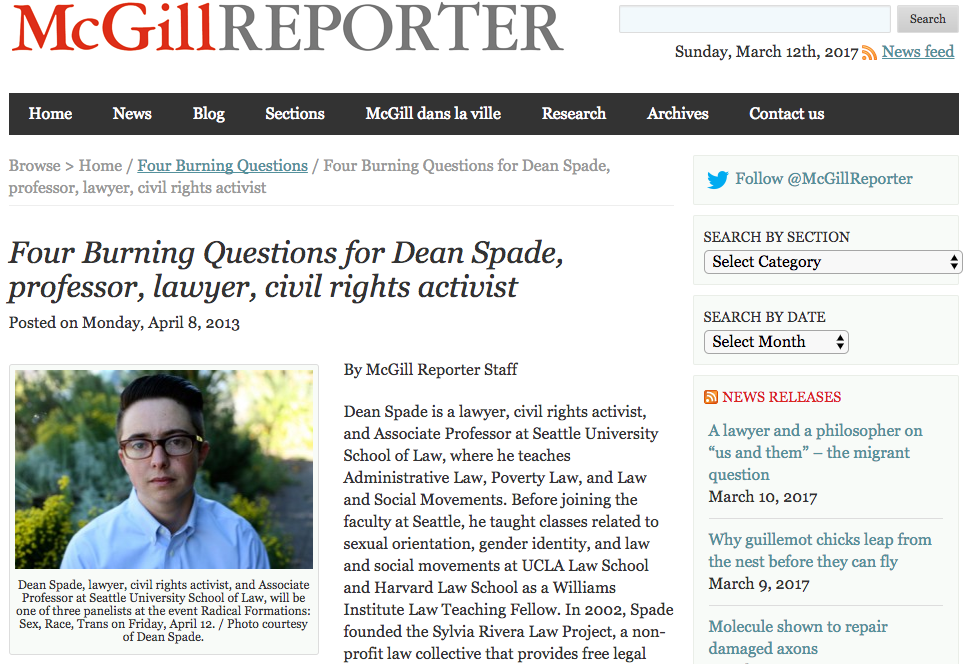Reviews, news, interviews
Thanks to Dan Irving for a generous review of Normal Life in GLQ and to Rachel Levitt for this review of Normal Life in the inaugural issue of QED: A Journal in GLBTQ Worldmaking. I also want to share a new interview that just came out at the Youngist. And finally, thanks to Jordan Flaherty for this excellent Al Jazeera America story about police profiling of trans people. I can’t figure out how to embed the video here so I’m sharing this image of a Trans Day of Action poster that I love instead.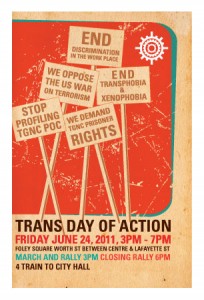
We Are Born in Flames, co-edited with Craig Willse
Craig Willse and I co-edited “Born in Flames,” a special issue of Women & Performance marking the 30th anniversary of the film “Born in Flames.”
Read the full issue here or below for the table of contents and PDFs to the articles.
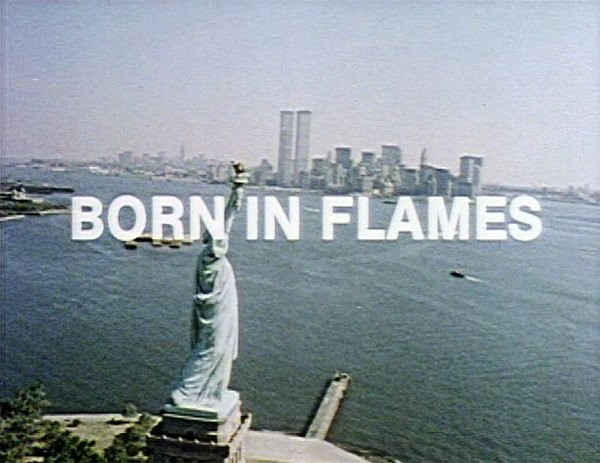
Craig Willse and Dean Spade, “Introduction: We are Born in Flames” | download pdf
Lucas Hilderbrand, “In the Heat of the Moment: Notes on the Past, Present, and Future of Born in Flames” | download pdf
Christina Hanhardt, “LAUREL and Harvey: Screening Militant Gay Liberalism and Lesbian Feminist Radicalism circa 1980” | download pdf
Stephen Dillon, “‘It’s here, it’s that time’: Race, Queer Futuriy, and the Temporality of Violence in Born in Flames” | download pdf
Allyson Mitchell, Deirdre Logue, and Scott Miller Berry, “Are You Burning?: Lizzie Borden’s Born in Flames circa 2012″ | download pdf
Eric A. Stanley, Wu Tsang, and Chris Vargas, “Queer Love Economies: Making Trans/Feminist Film in Precarious Times” | download pdf
War and Marriage
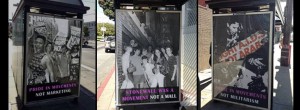 This week a new article by me and Craig Willse went up on Organizing Upgrade that aims to capture some of the important left critiques of marriage that have been obscured by the pro-marriage messages of same-sex marriage advocacy.
This week a new article by me and Craig Willse went up on Organizing Upgrade that aims to capture some of the important left critiques of marriage that have been obscured by the pro-marriage messages of same-sex marriage advocacy.
Also, this interview about why the new campaign for military inclusion for trans people won’t benefit our movements went up on BuzzFeed. As the President pushes us toward war in Syria, its especially important to build shared analysis about anti-war politics. Military service inclusion campaigns invite us to be the new poster children of a purportedly fair and equal military, meanwhile the brutal violence of US militarism continues around the globe. I am hoping both these pieces will stimulate conversation and be useful among activists and in classrooms.
Radio, Buzz and Stopping Jail from Being Built!
KPFA did some great programming around Pride this year focusing on critical queer and trans political resistance and critiques of same-sex marriage, gay military service and other hallmarks of wealthy white gay politics. Here is a whole day of programs that aired on Pride Sunday. Here is a show focusing on the critique of same-sex marriage advocacy, including Kenyon Farrow, Mattilda Bernstein Sycamore and me. In other news, Buzzfeed published a list of 24 Americans Who Changed the Way We Think About Transgender Rights. I’m excited to be on any list with Sylvia, Marsha, Miss Major, Lou and all these other amazing people.
Finally, I am so excited by all the inspiring work being done by Washington Incarceration Stops Here. We are doing an awesome postcard campaign about what people think our county really needs rather than a new youth jail and family court buildings. And we’re building a coalition of groups who have signed on to our Points of Unity. If your organization wants to sign on, no matter where you are, please let us know! We’re also starting a zine so please let us know if you have art or writing you’d like to contribute or if you can help spread the word to people who may want to contribute, especially youth and people impacted by criminalization and child welfare systems.
Interview: Four Burning Questions for Dean Spade
“Their Laws Will Never Make Us Safer” in Spanish
The amazing and generous Morgan Ztardust has translated my introduction to the new Against Equality book about hate crime law critiques into Spanish. Thanks, Morgan! You can read it here.
New Syllabus, Review, Blogpost and Translation
I’m co-teaching a class this semester with Prof. Katherine Franke about the law of occupation and colonialism. The class looks at the occupation of Palestine, US colonialism in Guam, Puerto Rico, North America, Hawaii and the Marshall Islands, the US occupation of Iraq, and more. You can see the syllabus here.
I also wanted to share a new review of Normal Life by Ro Velasquez Guzman in Shameless magazine, and a new blogpost I wrote for SRLP’s blog about how recent debates about gun control and mental health relate to trans politics and criminalization. Finally, HUGE THANKS to Morgan Ztardust for translating “For Lovers and Fighters” in Spanish. The translation is here.
Impossibility Now: A Trans Politics Manifesto
Blog Post for Upcoming Conference
This coming Friday and Saturday I’m heading to Los Angeles for a conference that marks the 40th anniversary of Roe v. Wade and the 10th anniversary of Lawrence v. Texas. In advance of the conference, speakers were asked to write blog posts related to the themes of the conference panels we are participating in. These were posted to the Balkinization blog. I thought I’d re-post what I wrote here as well:
Sexual freedom, legal equality and settler colonialism
